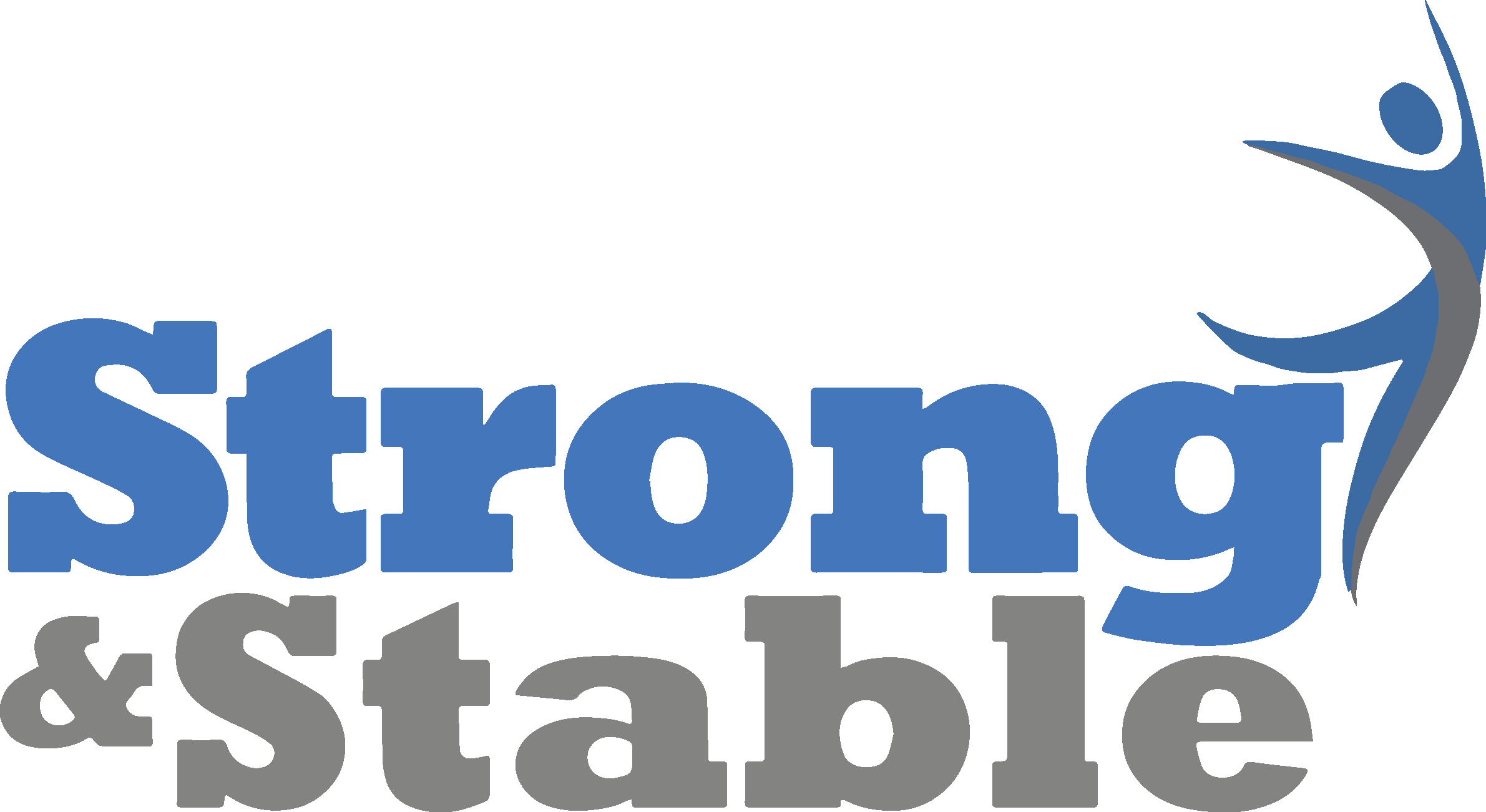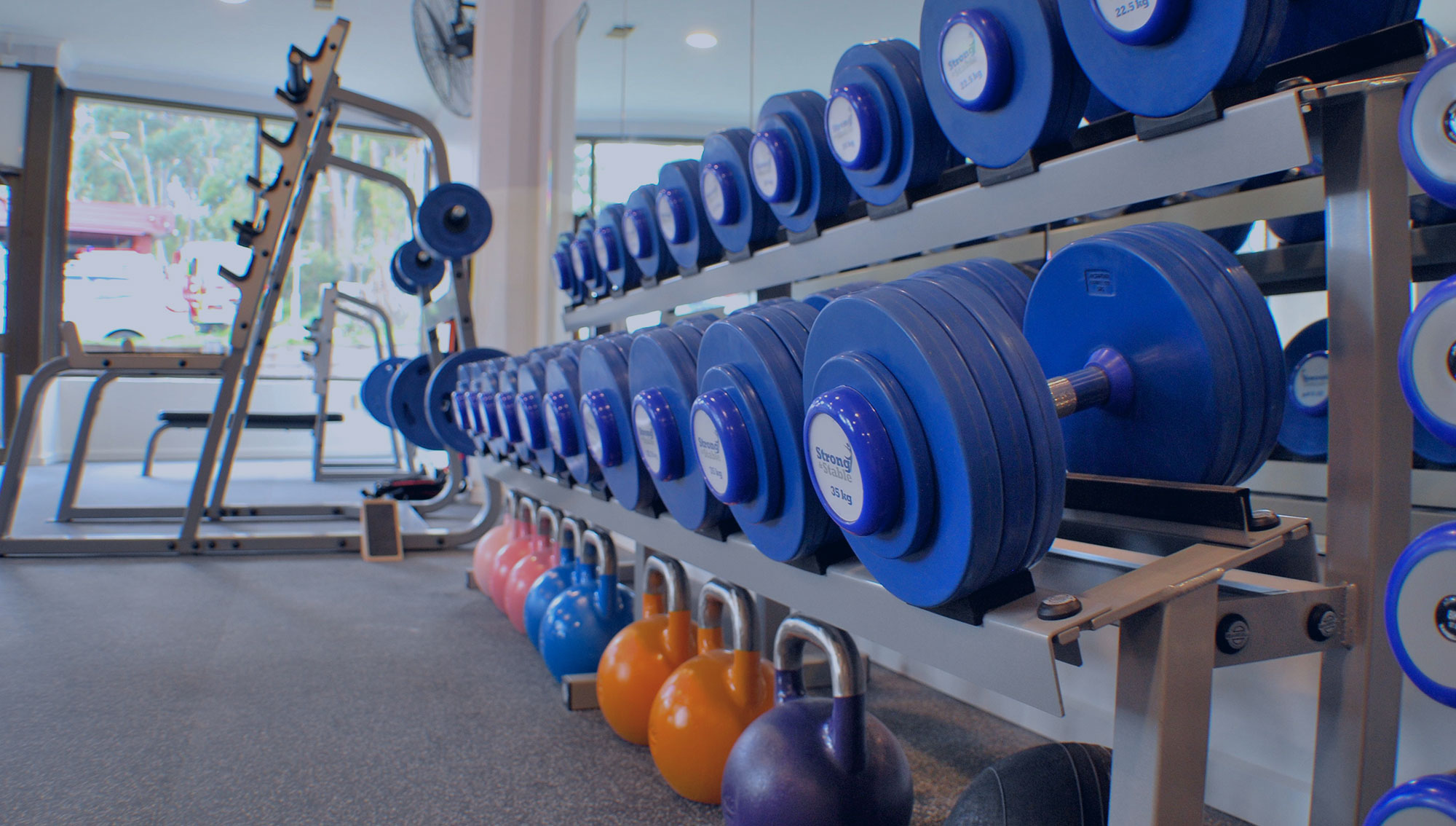16 May Training in Sync with your Menstrual Cycle
Written by Megan Dame, Accredited Exercise Physiologist What is the Menstrual Cycle? The menstrual cycle plays a pivotal role in preparing a Woman’s body for pregnancy (Better Health). If a Woman is not pregnant the uterus sheds its lining from signals sent from the...

